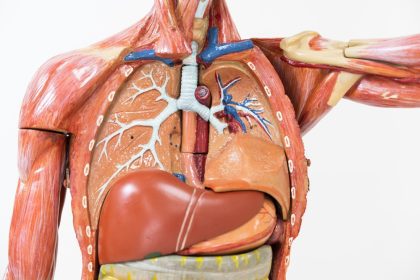 Telling someone to “cool out” or chill may have serious and negative health outcomes. According to Doug Carroll, a professor in the School of Sport and Exercise Science at the University of Birmingham in England, individuals who confront stressful events and situations by under-responding to situational stressors may have an increased risk for health problems including obesity.
Telling someone to “cool out” or chill may have serious and negative health outcomes. According to Doug Carroll, a professor in the School of Sport and Exercise Science at the University of Birmingham in England, individuals who confront stressful events and situations by under-responding to situational stressors may have an increased risk for health problems including obesity.
Carroll and his team analyzed health data collected from 1,300 people during a 14-year period. Participants were asked to complete a short stress test and data on the subject’s heart rate and blood pressure was recorded, as well. Findings noted that study respondents who didn’t have large heart rate or blood pressure changes were more likely to become depressed and obese over the next five years, compared with those whose heart rates and blood pressures increased in response to stress.
Findings also indicated that individuals whose heart rates weren’t impacted by the stress test were also more likely to say they were in poor health than people whose heart rate and blood pressure increased during the test. Thus, supporting the notion that over-responding to stressors can increase the risk of hypertension and atherosclerosis, and under-responding may correlate with obesity and depression.
The author did point out that the findings do not apply to all people who may tend to function with more relaxed personalities. But his data does document that individuals who are obese tend to have high resting heart rates, but low heart-rate reactions to stress.
Prior research over the last decade has indicated that low blood pressure was a risk factor for depression and that people with low blood pressure are more likely to suffer from anxiety and depression. –torrance stephens, phd
Carroll’s complete study was published online December 15, 2010 in the scientific journal Biological Psychology.










